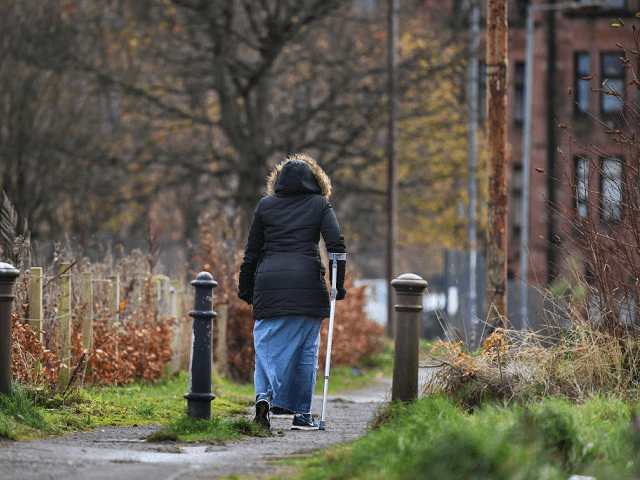The collapse of the traditional family and local social structures is now so advanced the British government has been forced to appoint a so-called Minister for Loneliness, to combat the near-total isolation from other human beings that millions of people suffer.
Britain’s atomised society, in which individuals are assumed to be self-sufficient and little importance is placed on community or family bonds, means an estimated nine million people, many of whom are elderly retirees abandoned by their families or the disabled, are affected by loneliness.
The government announced Wednesday that Conservative Minister for Sport and Civil Society Tracey Couch was to become the first ministerial lead on tackling loneliness, following work on the problem initiated by murdered Member of Parliament Jo Cox.
Research cited by the government as they launched the initiative found that in the United Kingdom, more than 9 million people “always or often feel lonely”, and that around 200,000 older people have not had a conversation with a friend or relative in more than a month. Around one in 10 elderly people in the UK are estimated to be “chronically lonely”, with half of people over 75 living alone, reports the BBC.
Supporting the launch, Mark Robinson, Chief Officer of Age UK Barnet, cited research on the health impacts of being lonely, which found that having no human contact was as damaging as smoking 15 cigarettes a day.
The government stepping in with tax-funded programmes and initiatives to help the lonely make friends and connect with those local to them is the state taking over functions that until comparatively recently, society and local community provided autonomously.
While social and cultural revolutions that placed greater emphasis on the individual and aggressive anti-family feminism drove generations and families apart in the post-war West, traditional communities were also destroyed by government initiatives intended to improve the lives of those they blighted most.
The damage that the worst excesses of city planning in Britain in the 1950s and 1960s caused to communities has long been recognised. On the concrete tower blocs that swept away traditional streets and communities, conservative philosopher Roger Scruton noted that:
“Everybody hated them… the urban working class was swept out of its genial streets to be stacked up in hygienic tower blocks… a brilliant idea that destroyed the city as a home, killed off the spirit of its residents, and in general released the population into the brave new world of anger, alienation and vandalism.”

COMMENTS
Please let us know if you're having issues with commenting.